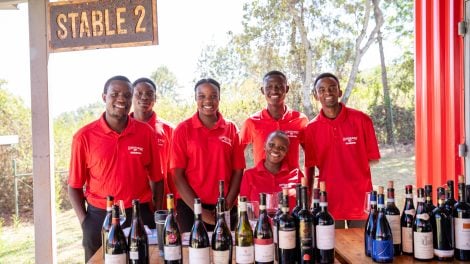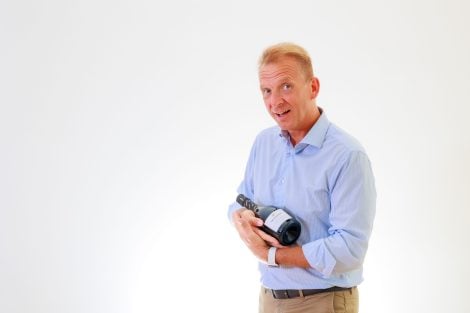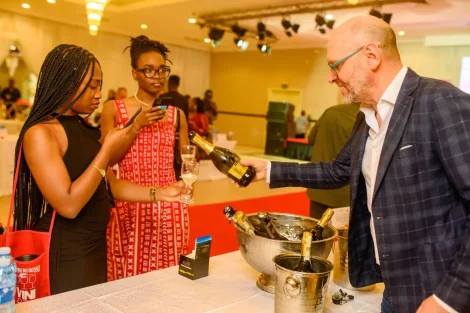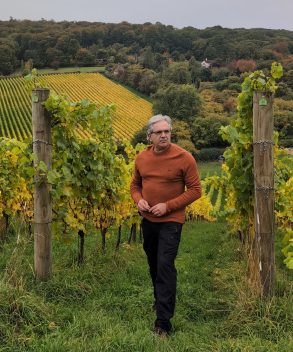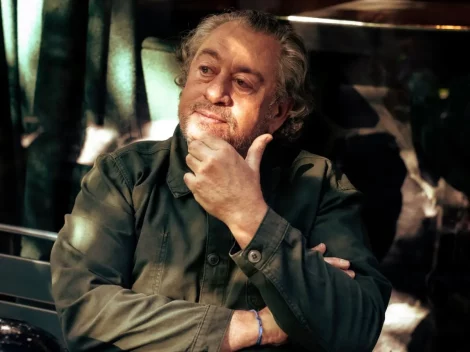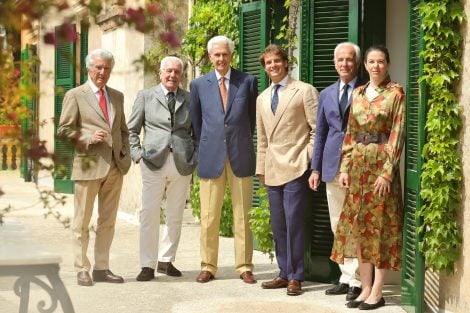Over recent decades, many inland Italian villages have been hollowed out—not just in population, but in community functions too: hospitals, schools, local services have all disappeared. In summer, these places are visited by tourists, but soon fall silent again, with ever fewer children and the growing loneliness of those who stay. Occasionally, the media spotlight shines on someone who makes the opposite choice: leaving the city that excludes anyone not meeting economic standards in search of authentic humanity, a comfortable home, genuine connections, and fresh, pure air.
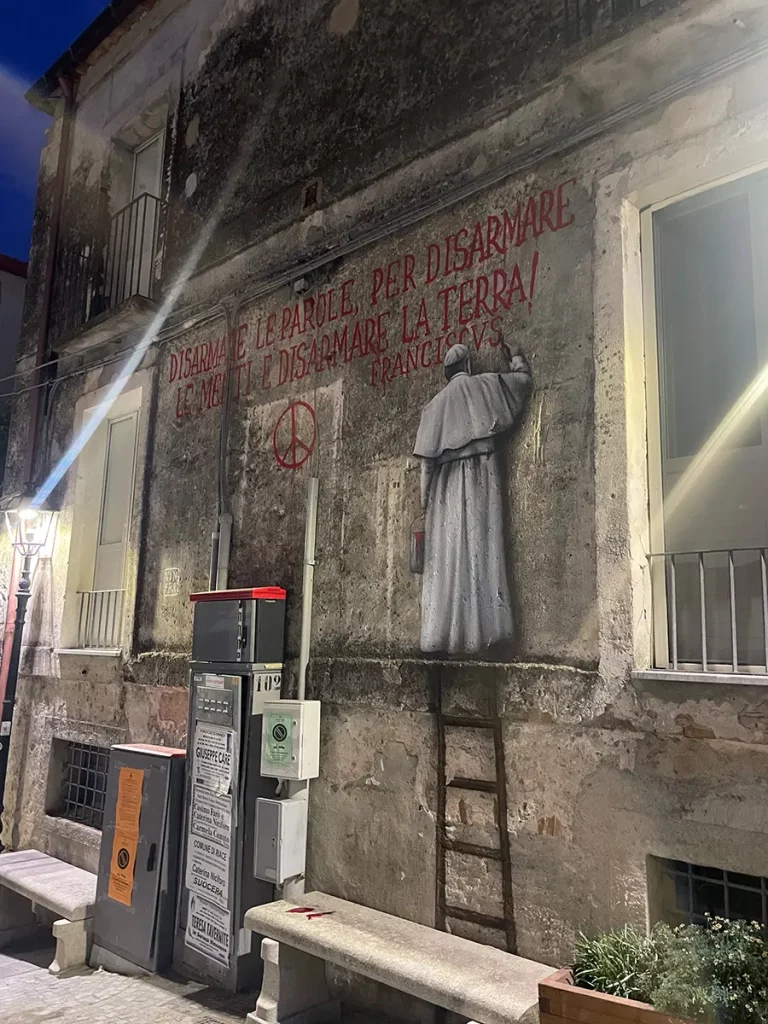
The Riace model
But there are places in Italy that refuse to be mere Plan B for those weary of exploitative development models favouring global finance and mass tourism (remember, the so‑called “Milan model” isn’t confined to Milan). Riace is one noted example. Its mayor—now MEP—Mimmo Lucano accelerated migrant reception in the face of legal challenges (including a conviction involving false public documents). Regardless of one’s opinion of these issues, credit must be given to Lucano’s vision of a village that resists abandonment and the pressures of change, and pursues its own path with humanity as its guiding star.
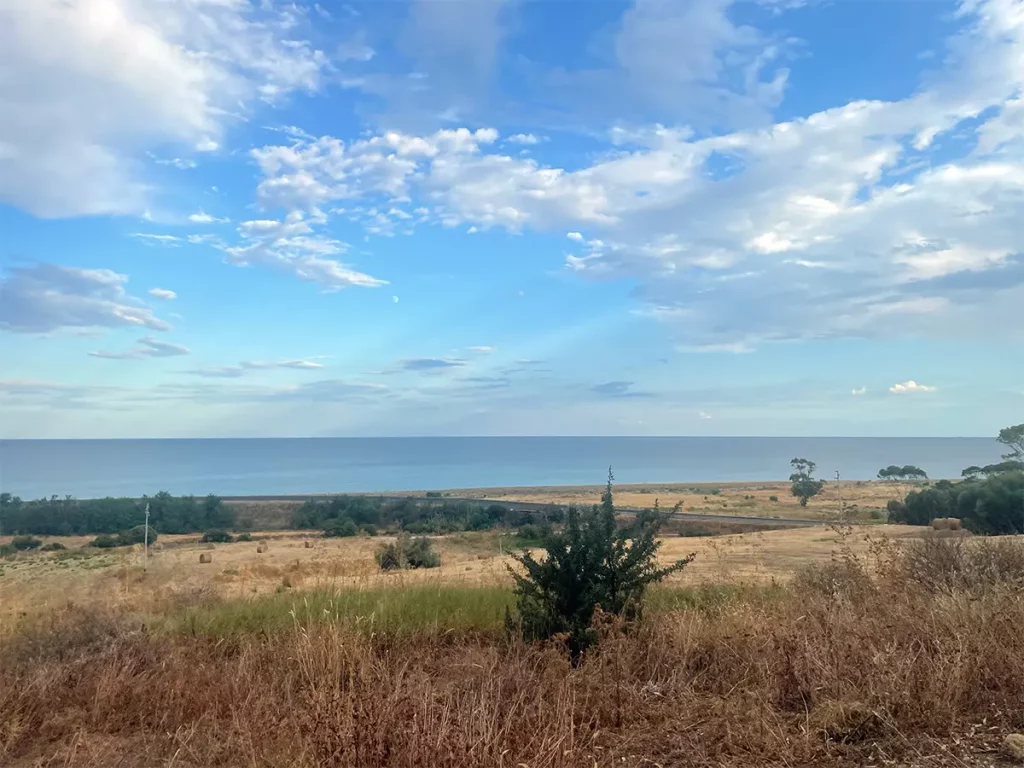
Could the push for different tourism start in Riace?
The name “Riace” derives from the Greek‑Byzantine riaki, meaning stream. This tiny hilltop village—overlooking the Ionian Sea from its “Marina”—boasts a sea view that captivates and a millennia of history. Remnants of Magna Graecia dot the landscape, and the famed Bronze statues were discovered in its waters in 1972. Normally, this would make Riace a bustling summer tourist spot, if it weren’t located in Locride —blessed by nature, often cursed by organised crime, which has stifled development. Yet this disadvantage—viewed through the lens of Franco Cassano’s Pensiero Meridiano—could become a strength if Riace rejects mass‑tourism homogenisation. Riace Marina’s beaches rival the Camargue, with sparse buildings (apart from a few striking examples of “eco‑monsters”) and wild nature aplenty.
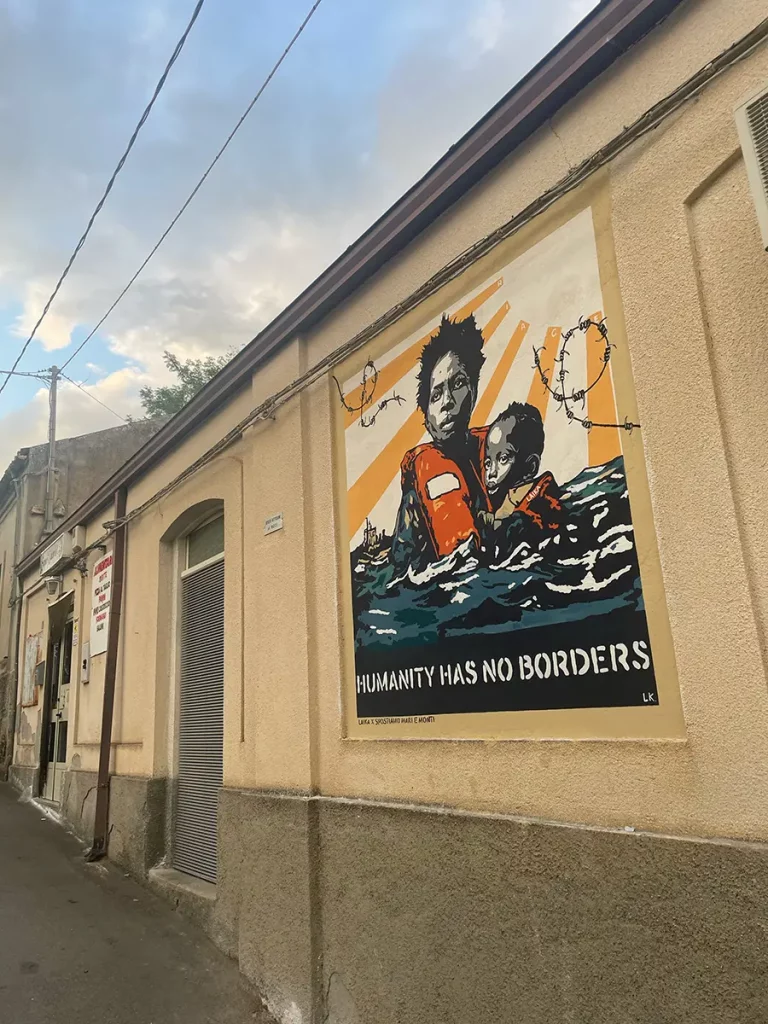
Public water and community bakery ovens
In Riace, daily life speaks this language anew. Summers are filled with anti‑racism beach football World Cups and the construction of a communal well—promoting water autonomy and combating speculation. On 5 August, a symbolic twinning was signed between Riace and Gaza. Around the same time, a youth camp (organised by Turin-based Spostiamo Mari e Monti), welcoming 18-30-year-olds, arrived with debates, workshops, and the lighting of the Forno dei Popoli (“Peoples’ Oven”). This social bakery—restored in 2021 after years of neglect—is located by the Villaggio Globale square and bakes both bread and ideas.
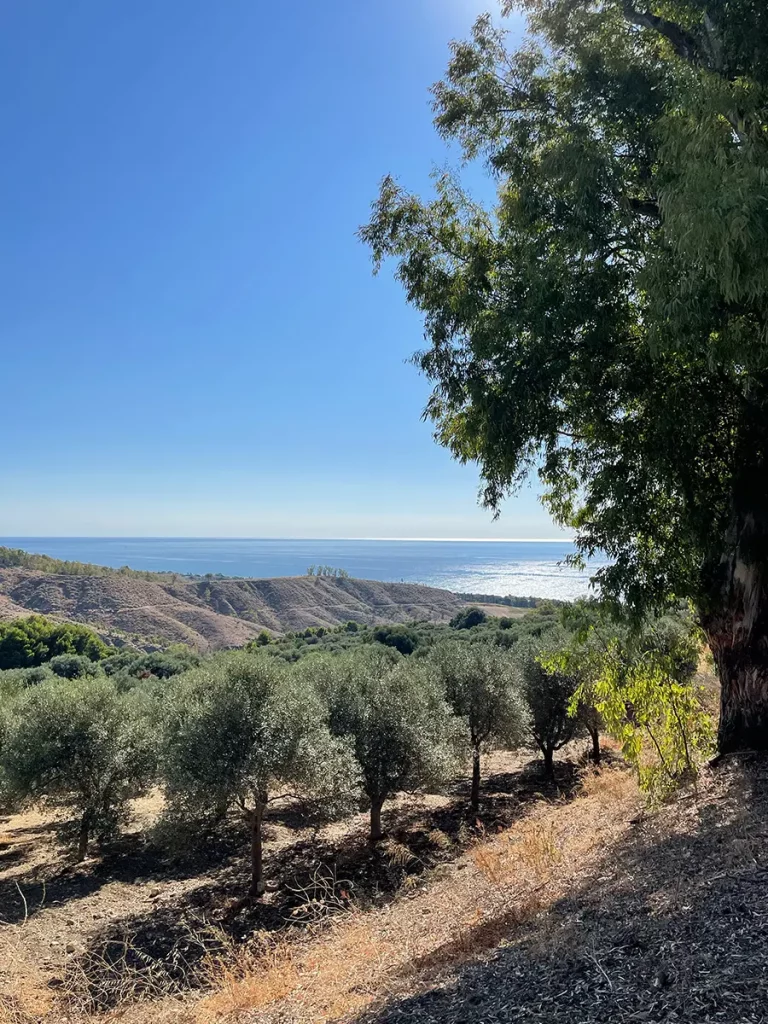
Calabrian hospitality at Casa Ponziana
There’s also diligent, earth-honouring craft and an incredible array of local gastronomy. Just steps from San Fili Castle—nestled between Riace and Stignano—Casa Ponziana, a 30-hectare organic farm run by Caterina Salerno and her son Francesco De Medici, offers agritourism and hospitality. They produce extra-virgin olive oil from the Gerace cultivar grassa and wines from Gaglioppo, Greco, and Montonico grapes. Surrounded by nature and a few paces from that ancient sea, it’s a truly magical place.
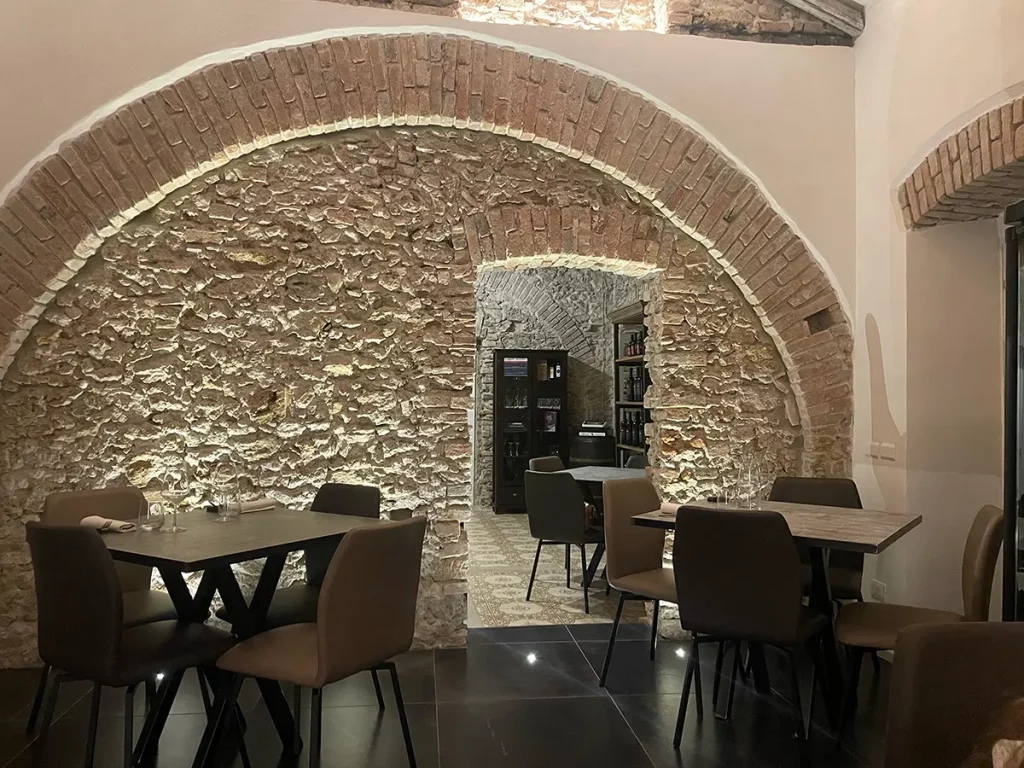
The winery and restaurant are located just 3 km from the estate, in Riace Marina. There, daily tasting menus feature cuisine of the territory—dishes like swordfish involtini, fusilloni with beef and onion ragu—paired with home-made wines. With excellent raw ingredients and warm hospitality, the experience aligns with places where welcoming guests is sacred. In Riace, nothing is lacking—except standardisation.

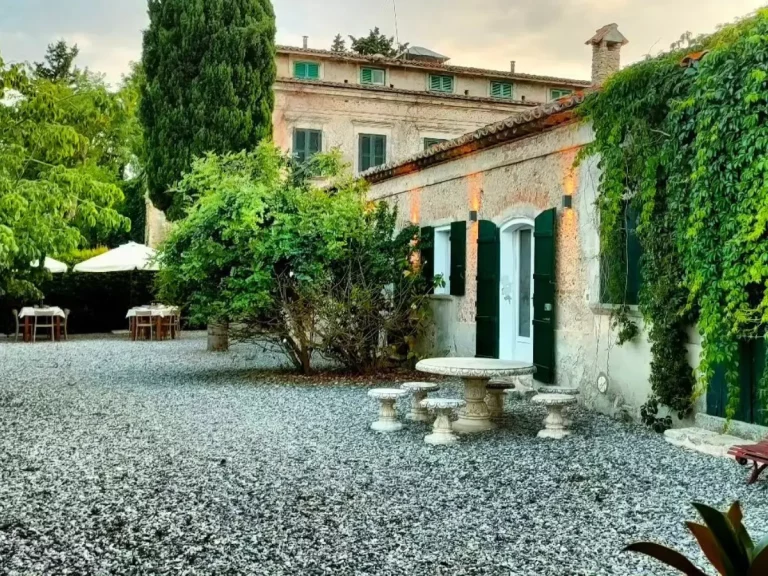
 'You cannot imagine how magnetic Etna is!'
'You cannot imagine how magnetic Etna is!'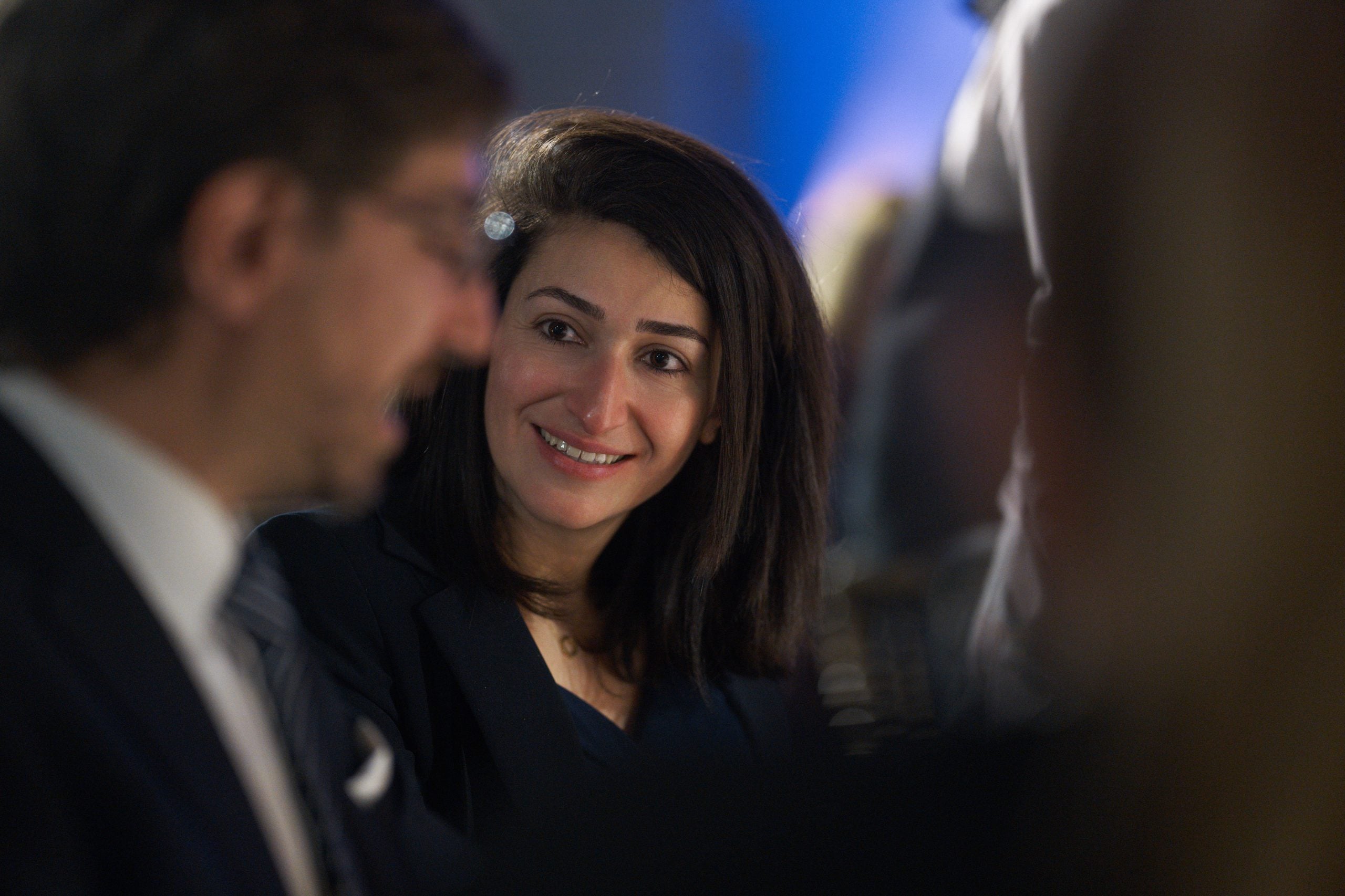 'To be the global platform, we must take everyone and everything into account'
'To be the global platform, we must take everyone and everything into account'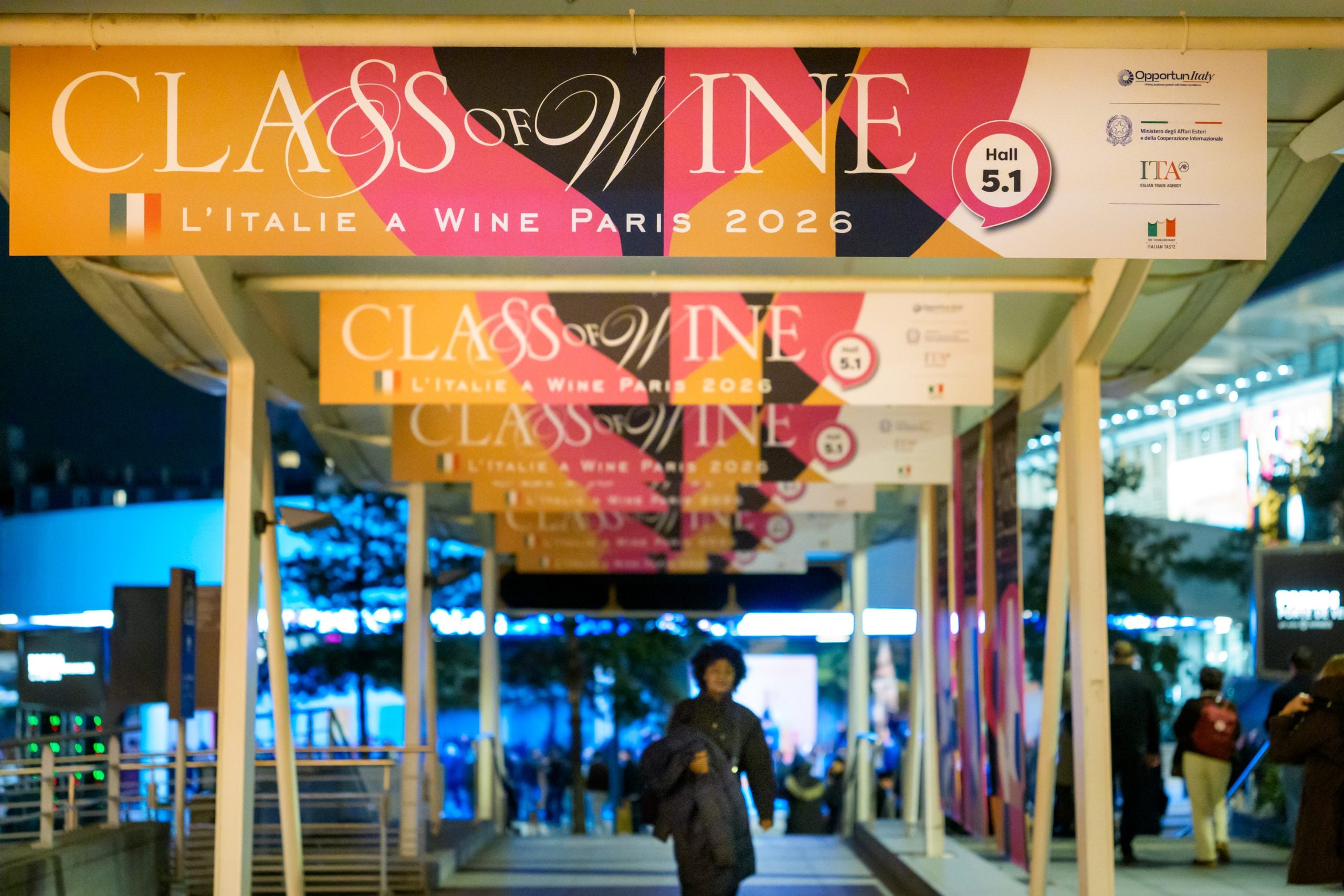 What did Italian producers think of Wine Paris 2026?
What did Italian producers think of Wine Paris 2026?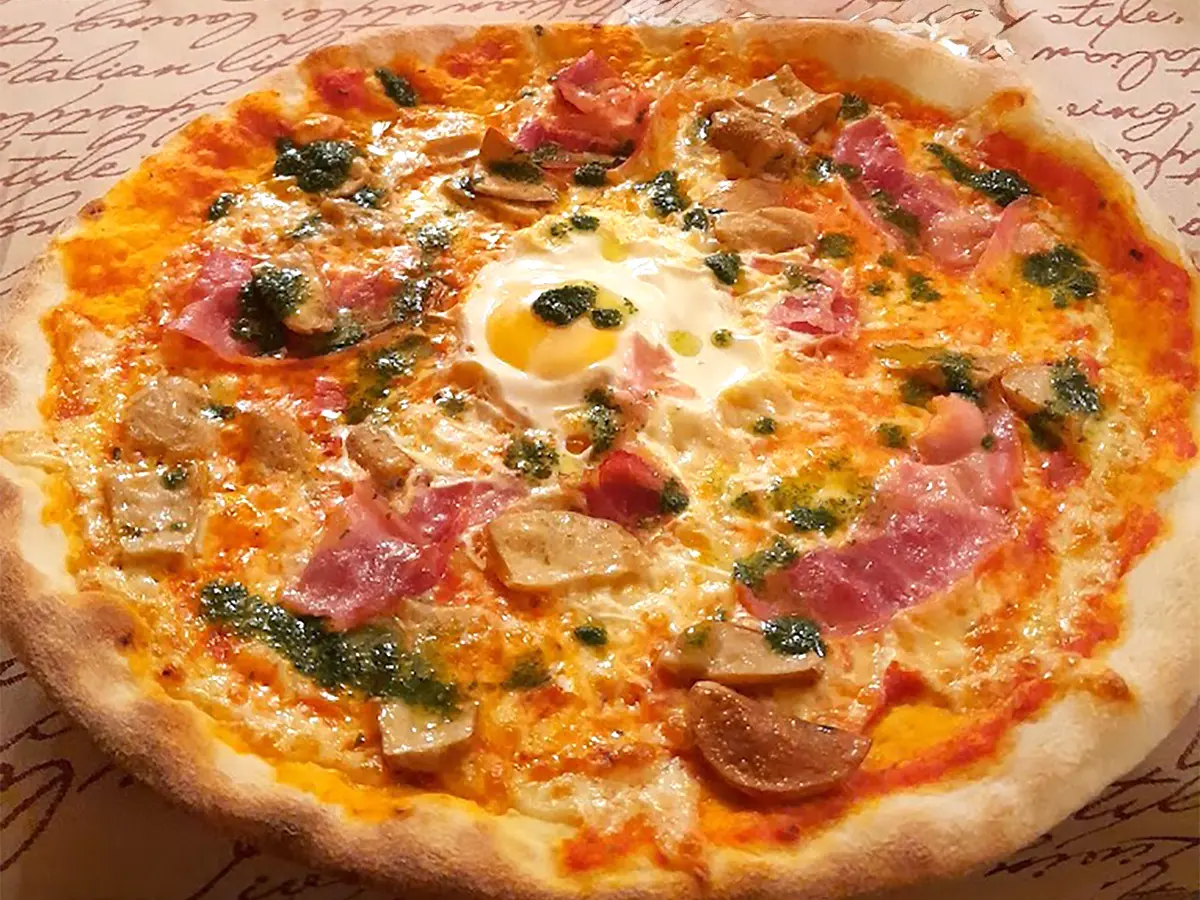 The pizza that’s taking the Winter Olympics by storm
The pizza that’s taking the Winter Olympics by storm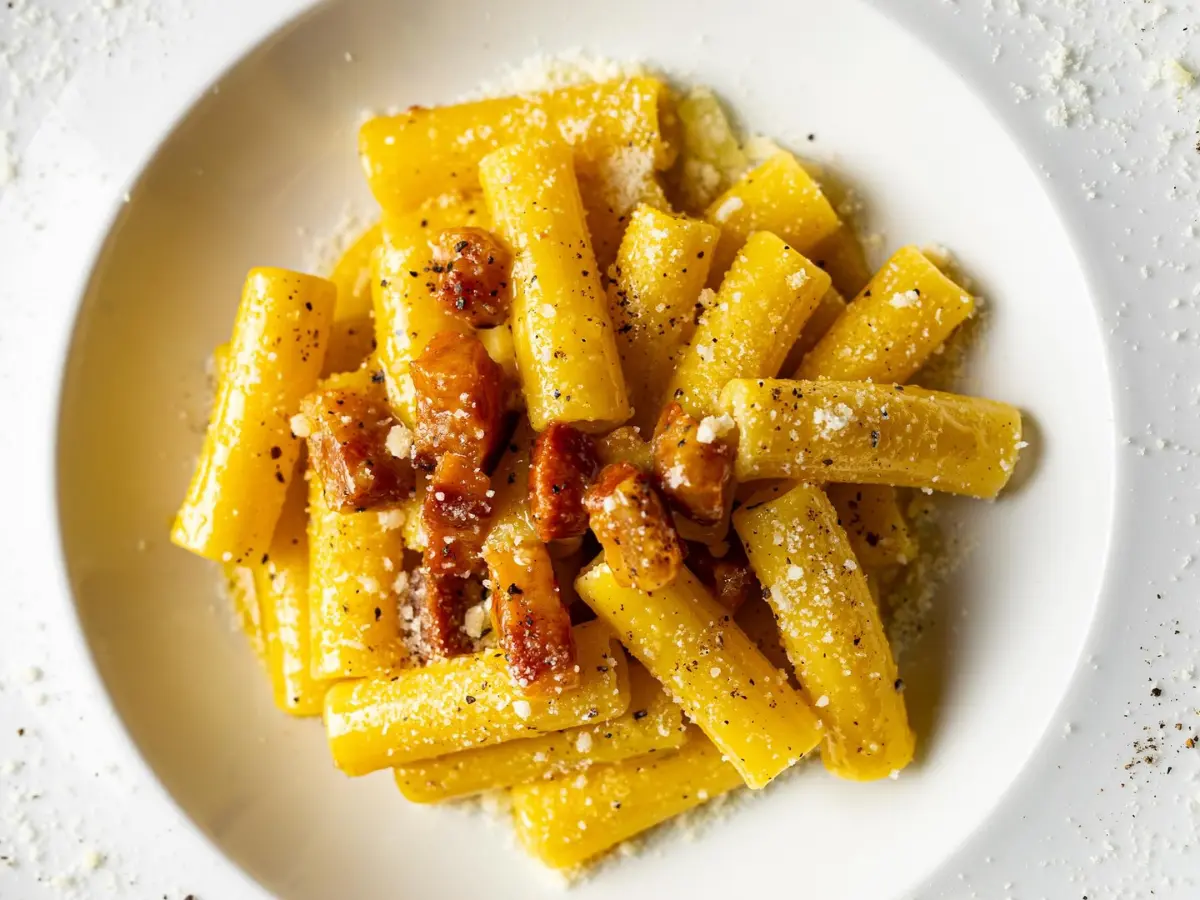 Where to eat in Central Rome (while avoiding the tourist traps)
Where to eat in Central Rome (while avoiding the tourist traps)